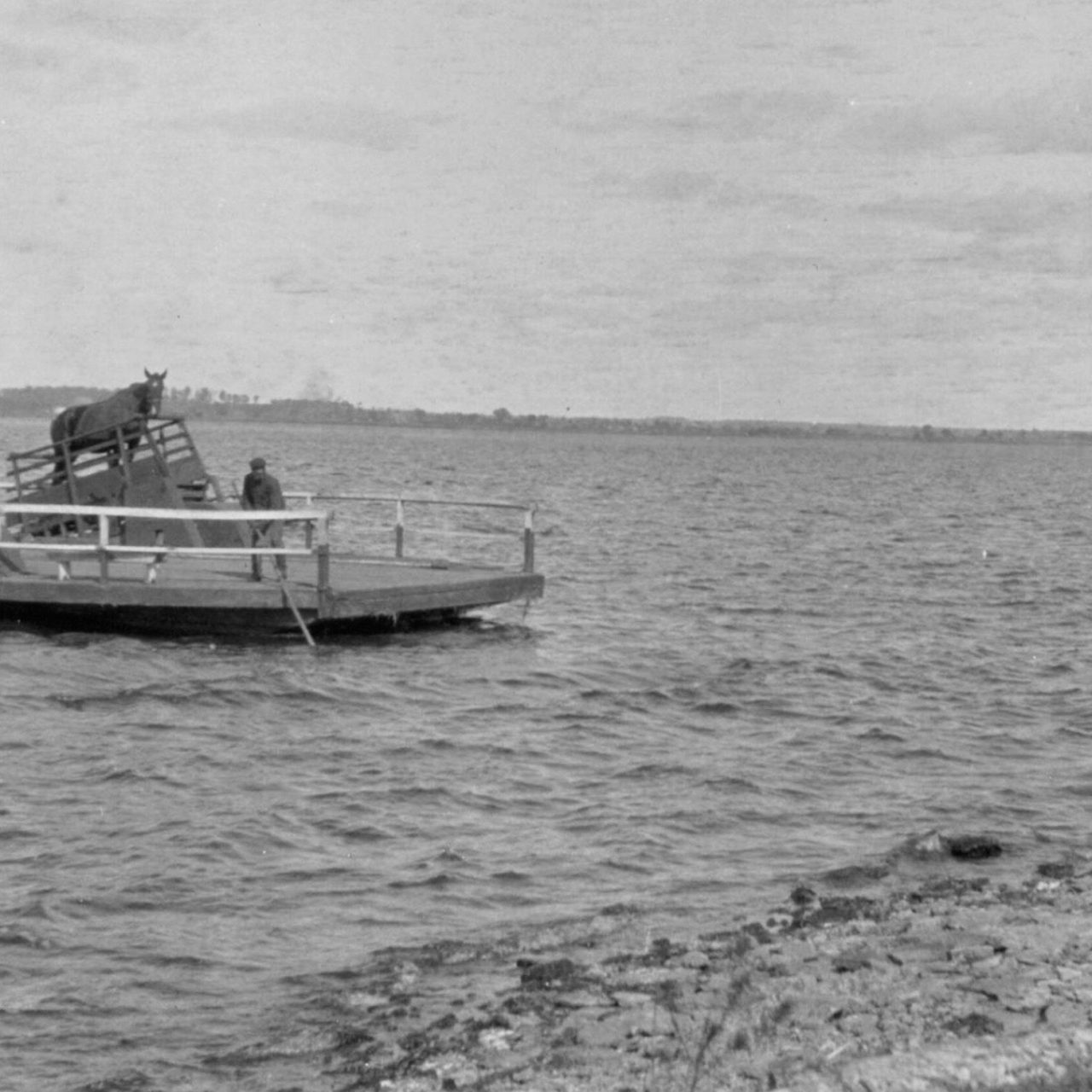
An Honourable Thief
Author: Connie Carson
Connie is a well-known local story-teller and professional who has a passion for the history of the City of Belleville, in particular, the downtown streets.
AN HONOURABLE THIEF
The Rest of The Story on Alexander Oliphant Petrie
ALEXANDER OLIPHANT PETRIE was one of Belleville’s influential and respected citizens for MOST of his life. But there is a lot more to this story that you may not know about. Sit back and paint a picture in your mind of our little community as he first laid eyes on it in 1808. The total population numbered only 150 people and a small cluster of 50 homes, stables, and a tavern formed the town.
He was one of the earliest settlers when he emigrated from Scotland at 21 years of age and lived in a tent for six years until his forever home at 67 South Front Street was completed.
The Petrie house still stands today and is the oldest residence within the boundaries of the original town. The modern cladding and beautifully renovated exterior conceal a saltbox-style structure over 200 years old. A few original wide plank floorboards remain of the original unpretentious, cramped interior that once housed two Petrie families.
During the war of 1812, the British Naval Force on Lake Ontario called out to him. He saw action on board the Royal George when Kingston was attacked by the American fleet and was quickly promoted to Lieutenant for his service. After the war, he built a schooner named General Brock, and sailed between Kington and Toronto before settling down in Belleville with his family.
In 1832 Petrie paid a fee to the town and was awarded a seven-year license to operate the ferry linking Belleville and Prince Edward County. This ferry had been in service for many years and was integral to the area’s economy. It was so essential that the previous operator, David Hennessey, was given an exemption from military service in 1812 just to keep it in service. After his death, his widow ran the ferry for several years until the family took it over.
Mr. Petrie’s ferry service was not doing well. He was annoyed that unlicensed boat owners, including the Hennessey family, were competing against him for contracts. It was a great relief when Mr. Parker, an agent from the American Circus Company, approached him with a job offer. They negotiated a mutual agreement and for the price of 15 shillings ($3.00), Petrie would ferry Mr. Parker’s circus of ‘wild beasts’ and stage dancers from Prince Edward County to Belleville.
On three consecutive days, Mr. Petrie crossed the bay in the blowing winds and stormy weather to wait for the circus troupe. Other ferry operators were also waiting for business at the docks. When the circus finally arrived, Mr. Parker decided to book the Hennessey boat, also waiting at the pier, because the wind was strong and his vessel was more substantial. Mr. Petrie was furious and wanted payment for his time lost.
He approached the booking agent, Mr. Parker, at the lower bridge on Front Street in Belleville a few days later. He threw the invoice for 3 bucks at Parker, pulled out a pistol, and demanded his money. There were no laws against toting a gun in those days. Parker was afraid of being shot, so he paid him the money but insisted on getting proof of payment from Petrie.
The two of them proceeded to Mrs. Simpson’s tavern up the street a block, had a few drinks, and Petrie wrote out a receipt for the money. This whole exchange took place in broad daylight, in the centre of town, and in front of several witnesses.
Unfortunately for Petrie, the agent left the tavern, went to the local constable and lodged a complaint. Petrie was arrested, charged with armed robbery and incarcerated at the Kingston jail. On August 6, 1833, Justice James B. Macaulay sentenced him to death by hanging.
The locals took up a citizen’s petition and rallied around Petrie. They testified he was a man of integrity and would never endeavour to be dishonourable or mean. At his trial, he argued the money he demanded was simply the contract price he was entitled to. Because of the community support, a pardon was granted by Lt. Gov. John Colbourne in Sept 1833.
He resumed his ferry service and went on to serve as the Mayor of Belleville in 1841. He also remained active as a tax assessor, collector and accountant with the Bank of Upper Canada until his death at 83 years of age. The local paper reported the funeral procession numbered over 1000 people. The city’s total population was only 9,000 at the time!
His obituary read, ‘In addition to being one of the town’s oldest residents, the deceased was a man universally respected for a long life of steady adherence to principle and inflexible integrity. Although he was astute in his ways, he had a warm heart, always open to the call of charity. His hand was ever ready, and his purse was always available to assist a neighbour or friend.’ The Intelligencer Oct 21,1870
Lieutenant Petrie never forgot his homeland. At his burial in St. Thomas’ Church Cemetery, a unique pillow was placed under his head. It was made of cloth sewn from material cut from General Isaac Brock’s funeral pall and contained soil Petrie brought from Scotland. Thanks to Alexander Oliphant Petrie, there is a bit of Scotland left in that cemetery.
When walking along our beautiful waterfront trail, stop outside 67 South Front Street and take a moment to envision the fascinating life and tenacious spirit of Lieutenant Alexander Oliphant Petrie.



